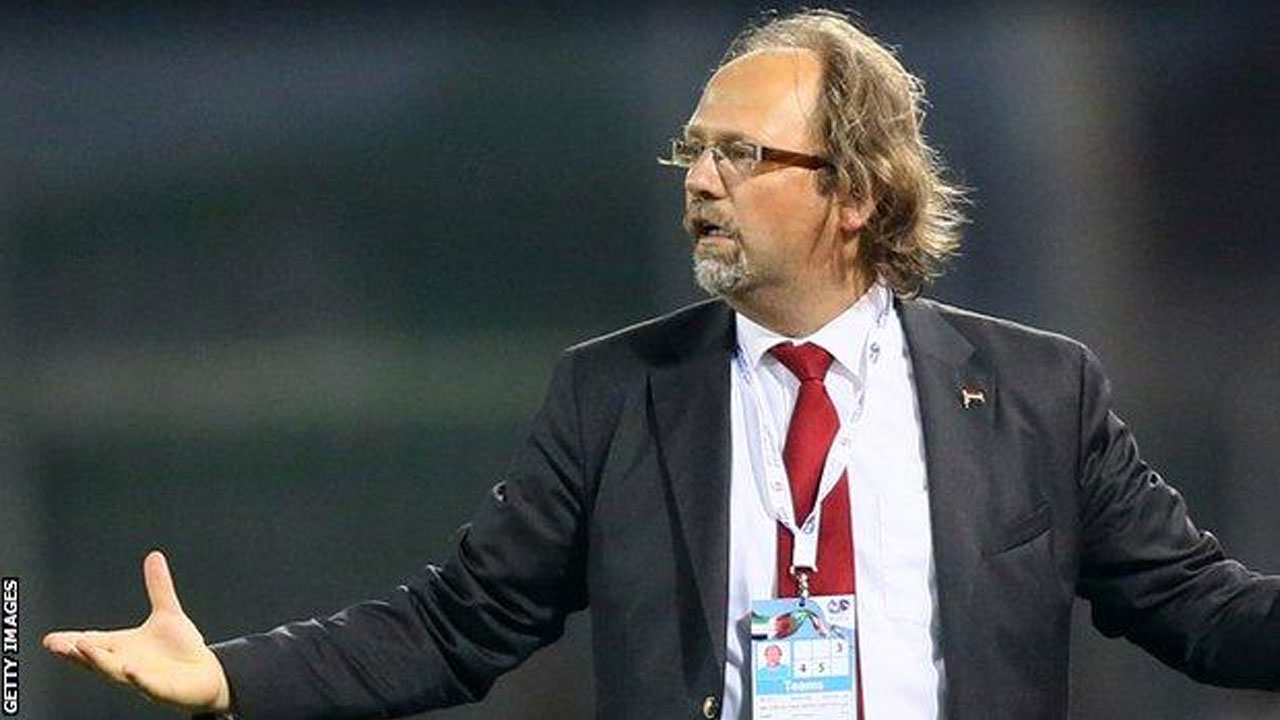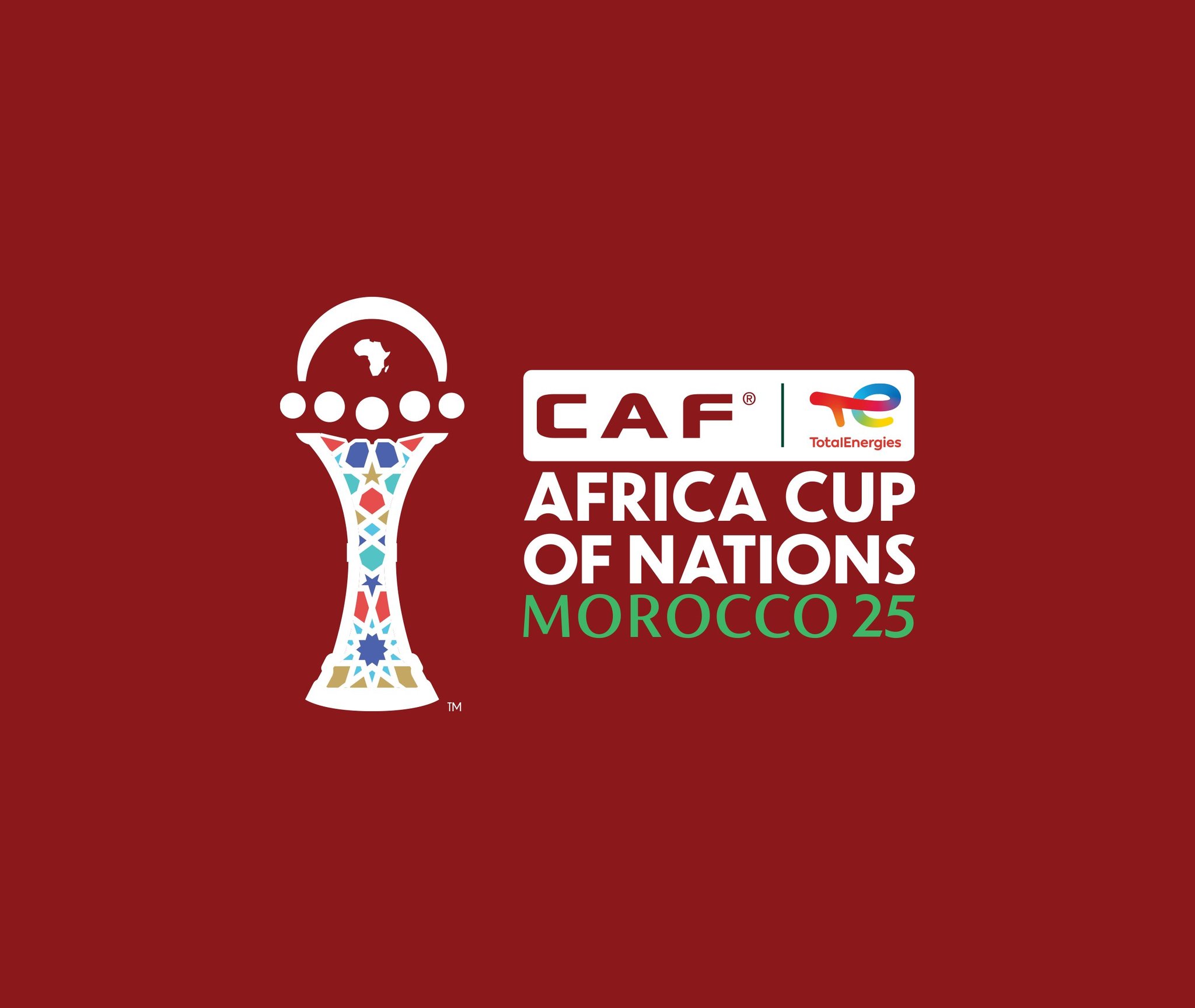Mexico unveiled its plan, this week, for the 2026 FIFA World Cup, which will kick off June 11 with the opening match at the Estadio Azteca, the country’s most iconic venue, with a capacity of more than 80,000 spectators, reports upi.com.
Thirteen matches are scheduled for Mexico City, Guadalajara and Monterrey in an event the government promises will be “inclusive,” coordinated with FIFA and supported by a broad infrastructure and tourism promotion programme.
The 2026 World Cup will be held for the first time across three countries: the United States, Mexico and Canada.
The tournament, organised by FIFA, will feature 48 national teams, expanding the traditional format of 32. Matches will be played in 16 host cities – 11 in the United States, three in Mexico and two in Canada – with the final set for MetLife Stadium in New Jersey.
President Claudia Sheinbaum confirmed that the Mexican government will invest about $500 million to modernie Mexico City International Airport and improve rail connections with the new Felipe Ángeles International Airport north of the capital.
“This is a moment not only to watch the best soccer, but to share with the world who we are, a country proud of its roots and its future,” Sheinbaum said.
She also announced she would donate her inaugural ticket number 001 to a young girl who loves soccer “and would not otherwise have the chance to attend.”
Interior Secretary Rosa Icela Rodríguez said the tournament represents “a new opportunity to showcase Mexico’s greatness” and that the federal government is coordinating security, migration and volunteer efforts across agencies.
“Let’s make this World Cup a celebration of harmony and peace,” Rodríguez said.
Gabriela Cuevas, the federal coordinator for the 2026 World Cup, said the country aims to host “the most inclusive event in Mexico’s history.”
She said that “Fiestas México 2026” will feature free public events in plazas and parks where the matches will be broadcast, and that 17 sports facilities will be adapted as official FIFA training centers.
FIFA Mexico CEO Jürgen Mainka said the country is making “steady progress toward delivering a historic project.”
He said Mexico expects to welcome about 800,000 fans in stadiums and nearly 6 million people at the Fan Festivals, the official public areas where matches will be shown alongside music, art and local food.
“This will be the most ambitious World Cup in history,” Mainka said, noting that the tournament will include 104 matches over 39 days, 48 national teams and an estimated global audience of more than 6 billion viewers.
According to the Mexican government, the event is expected to attract 5.5 million additional visitors, which will generate significant economic benefits in the three host cities.
The Tourism Ministry also announced cultural and tourism routes tied to the World Cup, including tours of the so-called pueblos mágicos — small towns officially recognized for their historical and cultural value — and along the Maya Train, a new rail line that connects archaeological and ecological destinations in the country’s southeast.
Sheinbaum also announced the launch of the “Social World Cup,” a programme that includes building fields and supporting community tournaments for women, children and people with disabilities.
“We want the momentum for sports to continue after the tournament,” she said.
Mainka said ticket sales are being conducted in phases and through a lottery system on FIFA’s official website because of high global demand. In the second phase, 75 per cent of tickets for matches in Mexico were allocated to residents of the country.






